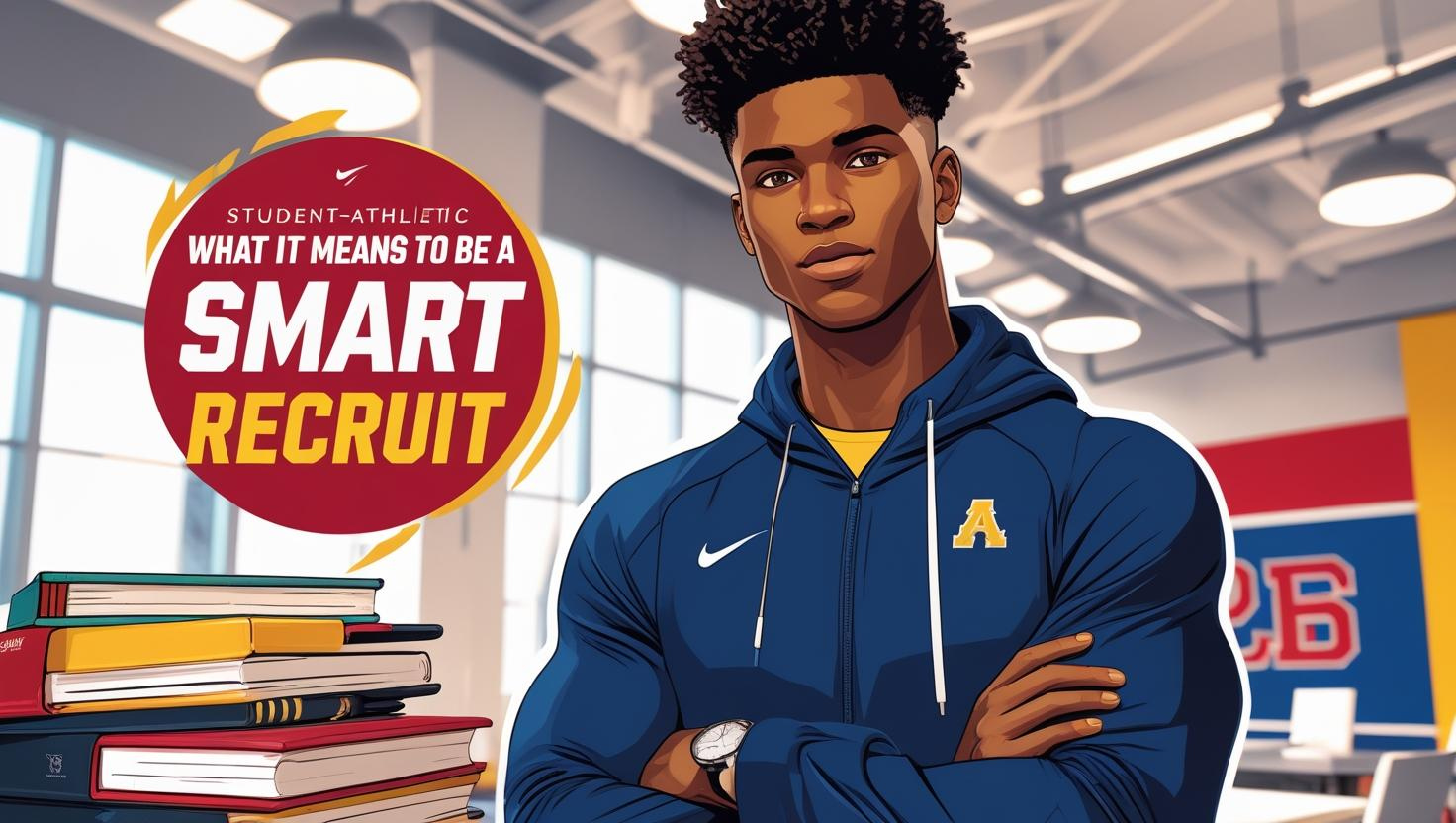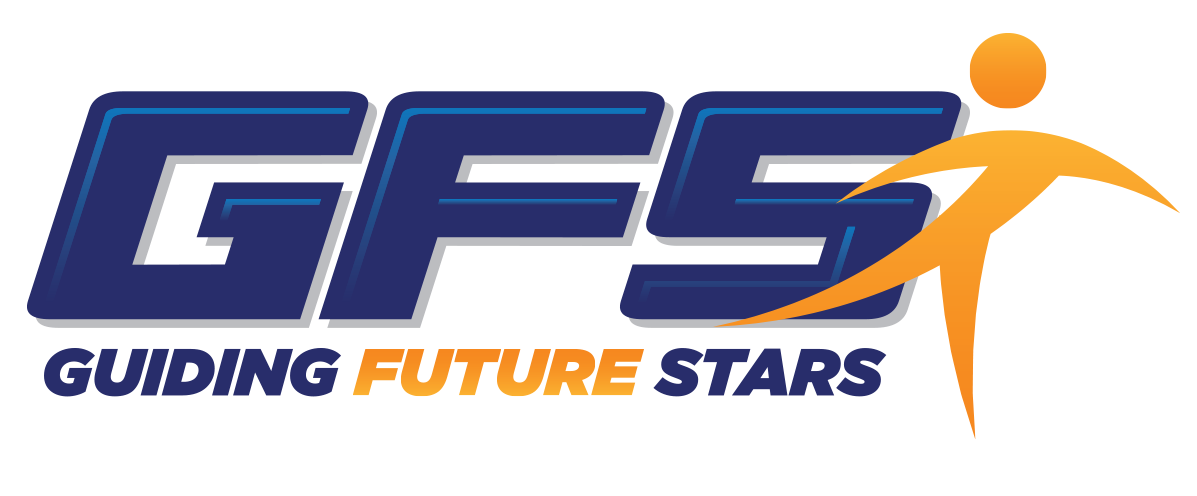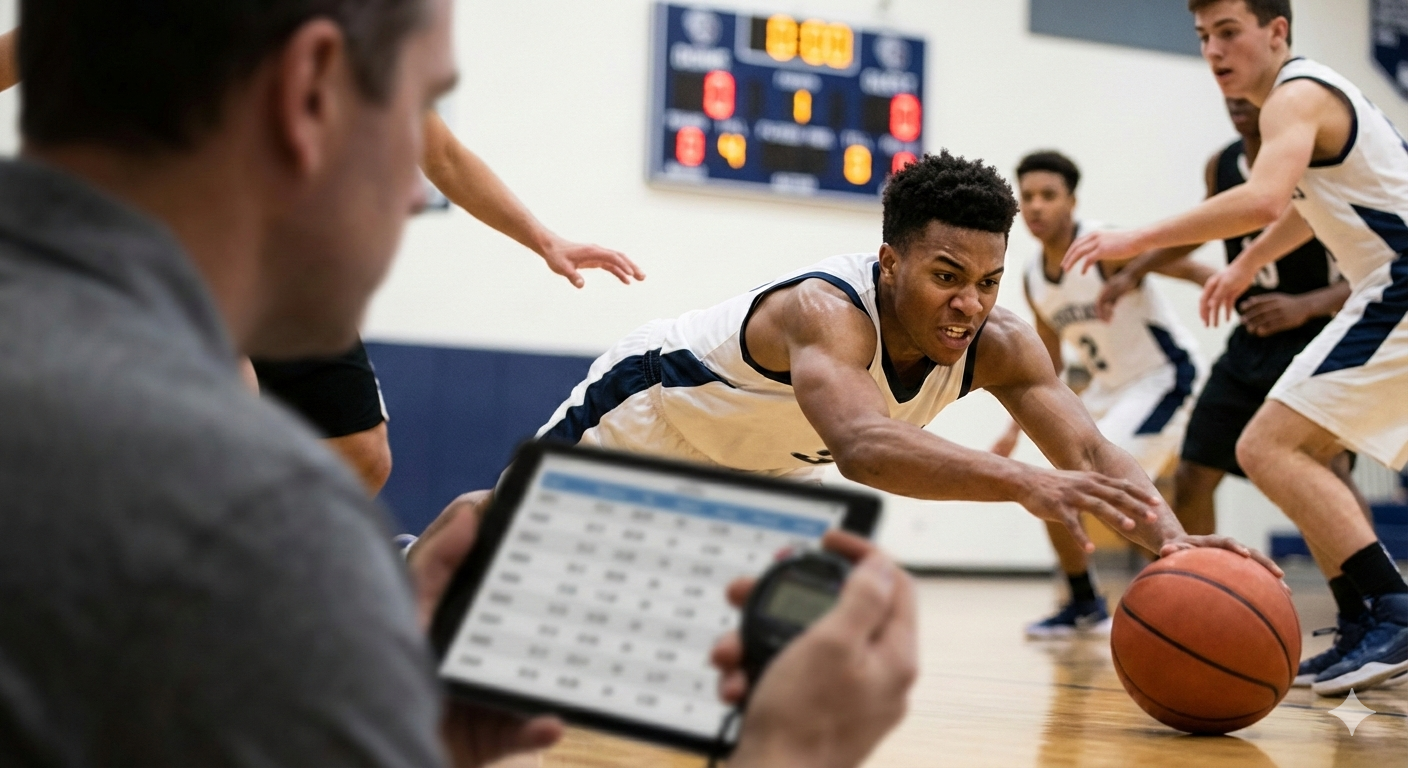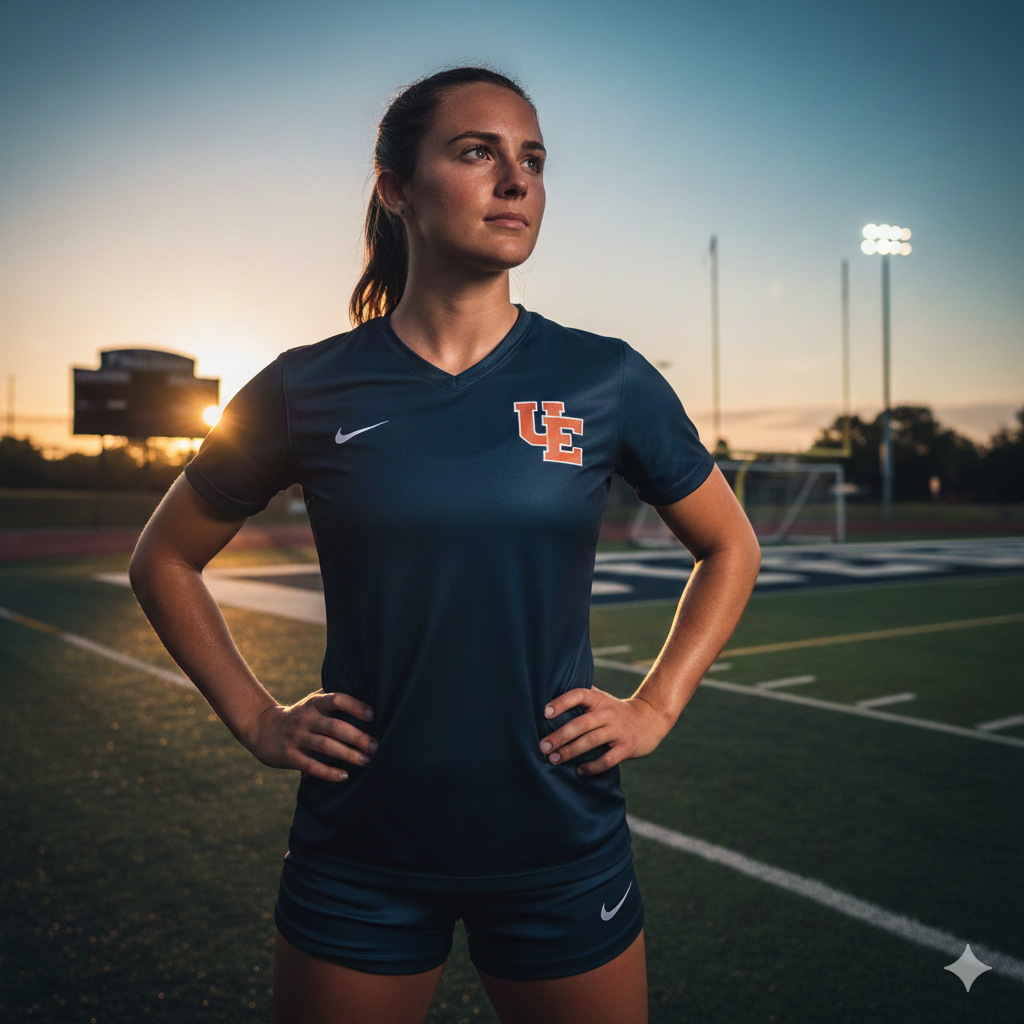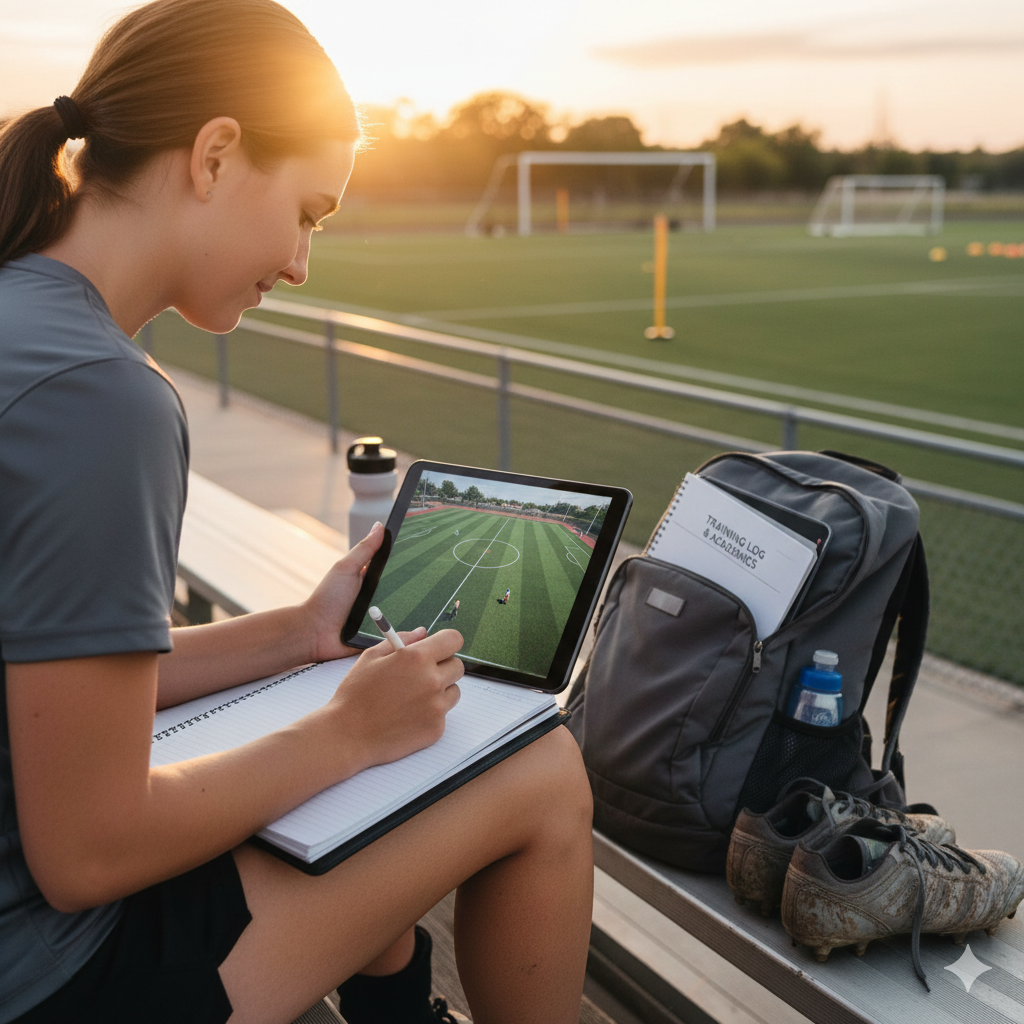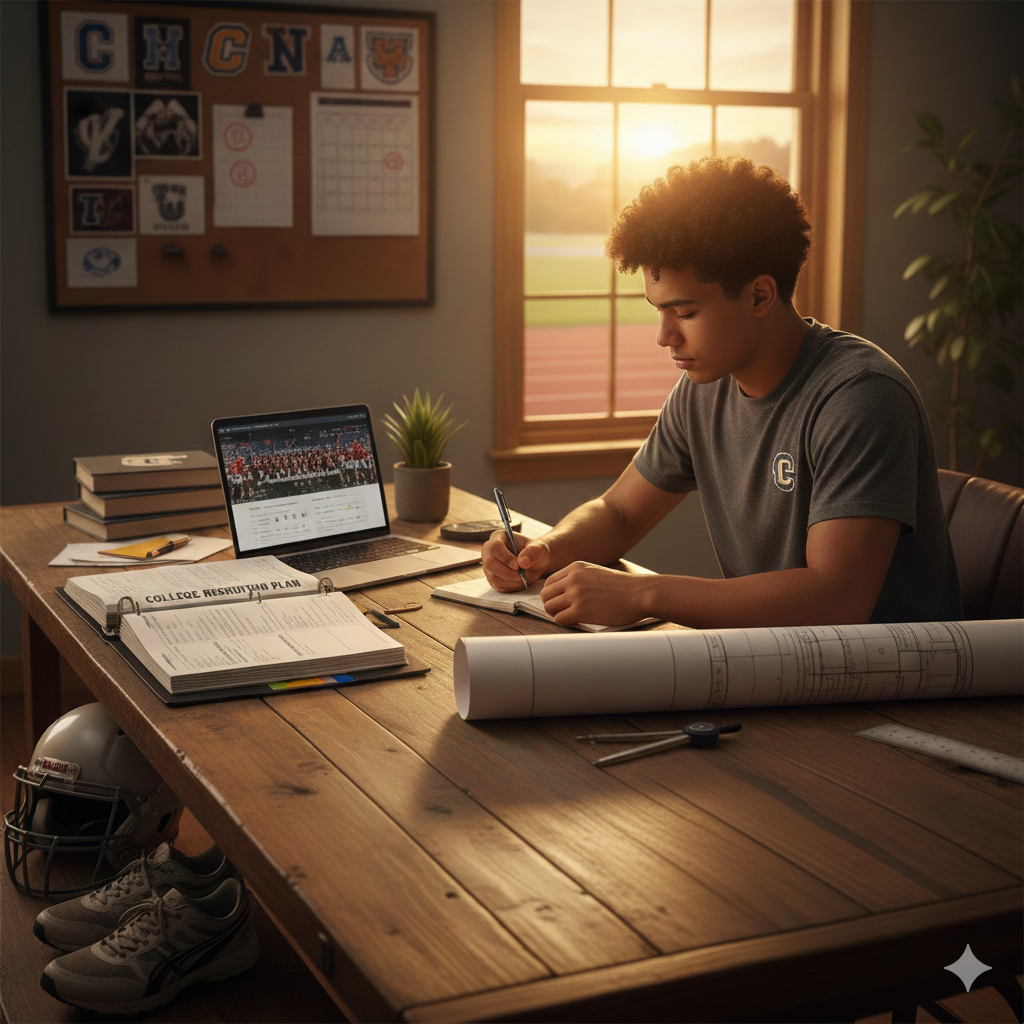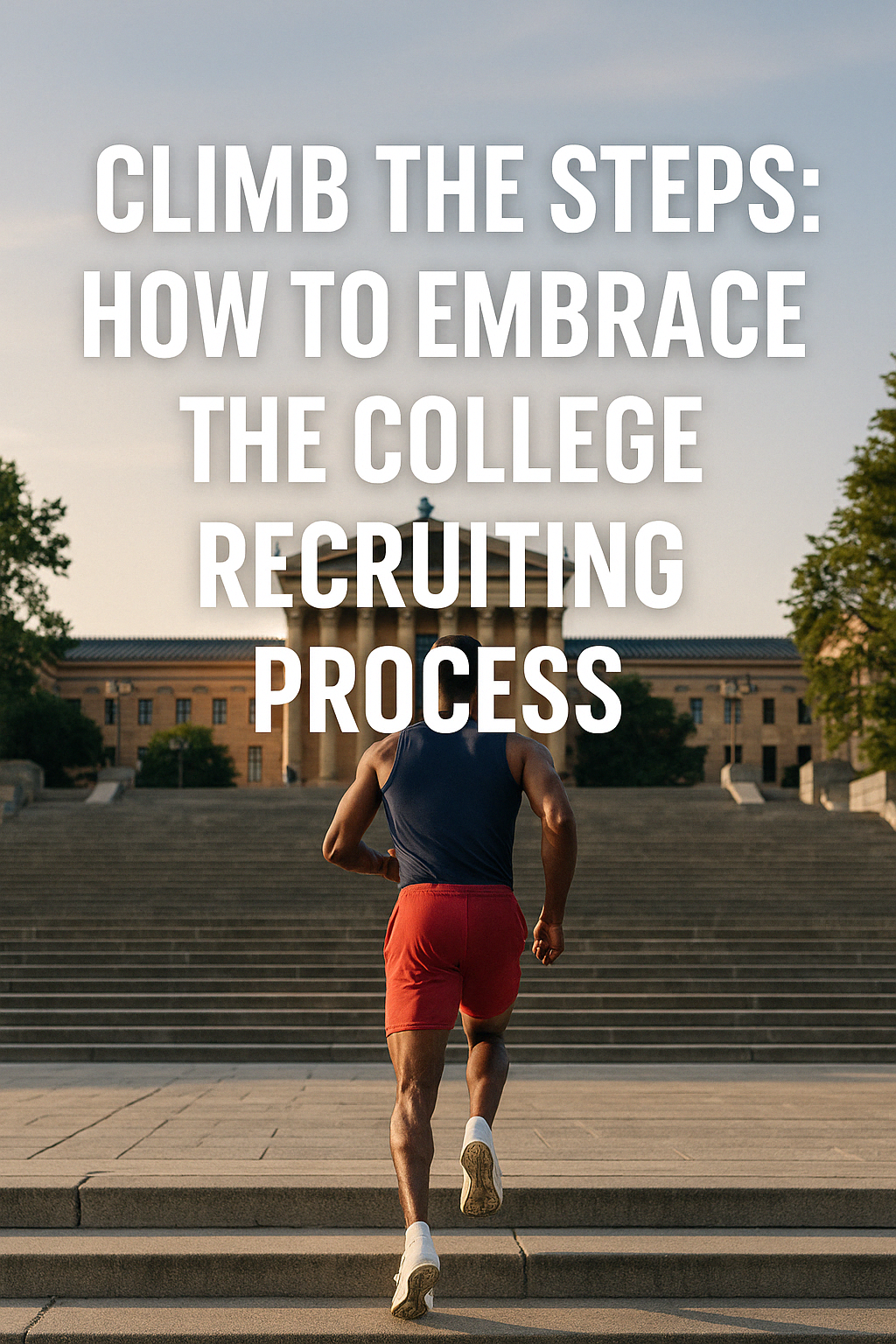The College Recruiting Marathon: Are you Prepared for the Race?
Are you prepared for the Recruiting Race? It's a marathon not a sprint.
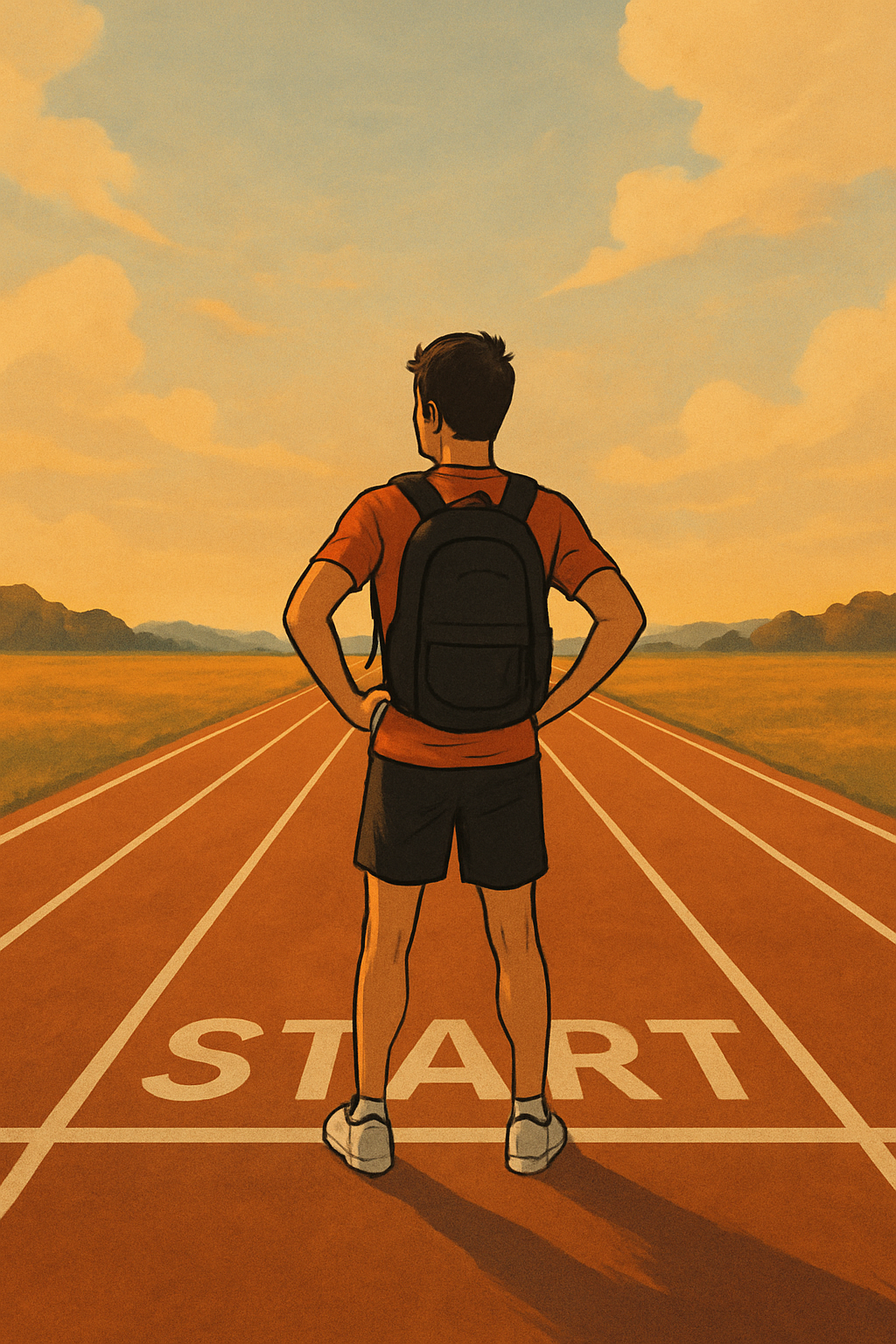
For many high school student-athletes, June 15th looms large – the first day college coaches can initiate direct contact with rising juniors (Class of 2027 this year). It's an exciting milestone, a moment you've likely been dreaming about. But if you're a freshman or sophomore (Class of 2028 and beyond), you might be thinking, "That's not me yet!" And that's precisely the point of this article.
Because while June 15th is a significant marker, it's NOT the starting gun for the college recruiting process. Think of it less like a sprint and more like a marathon. And just like you wouldn't show up on race day without any training, you can't expect to "just show up" for college recruiting and perform your best.
The college recruiting journey is a long race, demanding preparation, strategy, and unwavering commitment. If you're in the Class of 2028 or younger, now is your training period. Let's break down how to approach this marathon with the mindset of a champion.
Phase 1: The Right Mindset – Your Mission and Goals
Before any serious training begins, a marathon runner defines their "why." Are they aiming for a personal best? To qualify for another race? To simply finish? Your "why" in the recruiting process is just as crucial.
Ask yourself:
- What is my mission? Is it to earn a scholarship? To play at the highest possible level? To attend a specific type of university? To combine academics and athletics seamlessly?
- What are my realistic goals? Be honest with yourself about your athletic abilities and academic standing. While it's great to dream big, having realistic goals will help you focus your efforts effectively.
- What kind of college experience am I seeking? Beyond sports, what is important to you in a college? Location, campus culture, student-to-faculty ratio, specific programs?
Having a clear mission and well-defined goals will serve as your compass throughout the recruiting marathon, guiding your decisions and keeping you motivated when challenges arise.
Phase 2: The Commitment – This is Not a Spectator Sport
You can't just cheer from the sidelines and expect to cross the finish line of a marathon. The same goes for college recruiting. It requires active, ongoing commitment.
Your commitment looks like:
- Proactive Communication (When the Time Comes): While coaches can't directly contact you yet, you can still initiate communication through your high school and club coaches. You can also send introductory emails to college coaches (though they can't respond directly until June 15th of your junior year). This demonstrates initiative and interest.
- Attending Showcases and Camps (Strategically): As you get closer to the contact period, attending relevant showcases and camps can be excellent opportunities to be seen by coaches. But don't just show up; prepare, perform, and follow up.
- Being Your Own Advocate: No one cares more about your future than you do. Take ownership of the process. Follow up on emails, ask questions, and be persistent (without being annoying).
- Embracing the Ups and Downs: The recruiting process will have highs (exciting interest!) and lows (rejections, unanswered emails). A true marathon runner understands that there will be tough miles. Develop resilience and learn from every experience.
Phase 3: The Training Block – Preparation is Paramount
Imagine a marathon runner who decides to run 26.2 miles without ever having laced up their running shoes. Sounds ridiculous, right? Yet, many student-athletes fall into this trap with college recruiting.
For you, the training block means:
- Academic Excellence: This is your foundation. College coaches are recruiting student-athletes. Strong grades and challenging coursework demonstrate your discipline and ability to succeed in an academic environment. Don't wait until junior year to worry about your GPA – every semester counts.
- Athletic Development: Focus on becoming the best athlete you can be. This includes consistent practice, strength and conditioning, skill refinement, and understanding the nuances of your sport. Your high school and club seasons are your "training runs" – make them count.
- Building Your Athletic Resume: Start compiling your athletic achievements, statistics, and any highlight reels you might have. Even if it's just raw footage, getting in the habit of documenting your progress now will save you a lot of scrambling later.
- Researching the "Course": Just like a marathon runner studies the racecourse, you need to start researching colleges and programs. What academic majors interest you? What size school feels right? What division level aligns with your athletic aspirations? This initial exploration will help narrow your focus as you progress.
Phase 4: Running the Race – Sustained Effort and Engagement
Once that June 15th date hits (or whenever you're actively engaging with coaches), the real "running" of the race begins. This isn't a single sprint to the finish; it's a series of efforts, communications, and evaluations.
During this phase, you'll be focused on:
- Constant Communication: This is your lifeline to college programs. Respond promptly to emails, return phone calls, and initiate contact when appropriate. Be professional, polite, and enthusiastic. Remember, coaches are evaluating not just your athletic talent, but your character and communication skills.
- Finding Opportunities to Be Seen: Beyond just waiting for coaches to find you, actively seek out opportunities to showcase your skills. This might include attending prospect camps, participating in specific club tournaments, or even sending updated highlight videos. Be strategic about where you invest your time and resources to maximize exposure to your target schools.
- Visiting Campuses (Official and Unofficial): Once coaches can contact you, or even before with unofficial visits, make an effort to visit campuses that genuinely interest you. See the facilities, meet with academic advisors, and get a feel for the campus culture. These visits are crucial for determining if a school is truly the right fit for you.
- Asking the Right Questions: When you're speaking with coaches or visiting a campus, come prepared with thoughtful questions. Don't just ask about playing time or scholarships. Inquire about team culture, academic support, post-graduation opportunities, coaching philosophies, and what a typical day for a student-athlete looks like. These questions show your maturity and genuine interest in the entire college experience.
The Finish Line (and Beyond!)
For the Class of 2028 and all who follow, remember that June 15th after Sophomore year isn't the finish line – it's more like a major aid station in the middle of the race. Your consistent preparation, clear mindset, and unwavering commitment now will determine how strong you are when you reach that milestone.
Don't wait for the gun to go off to start training. Start your college recruiting marathon preparation today, and you'll be well on your way to crossing the finish line of your dreams.
